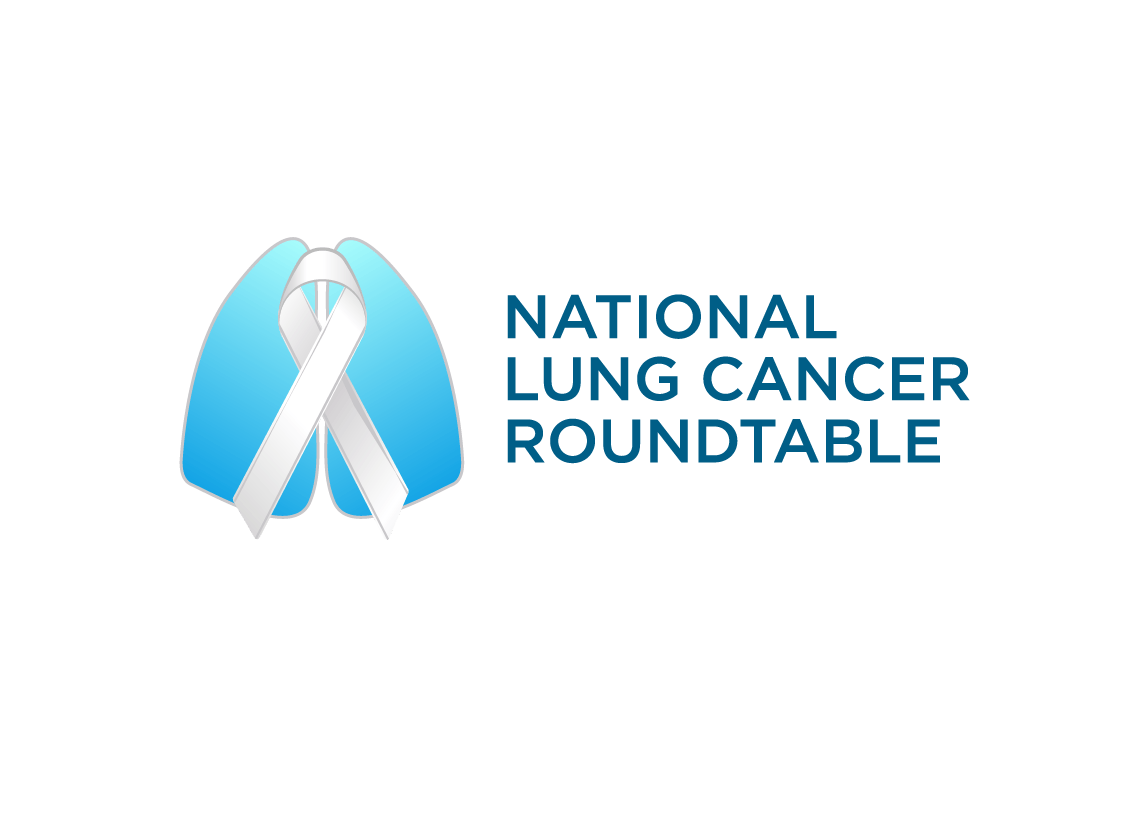Member Organizations
The NLCRT is a collaborative, multidisciplinary coalition with more than 160 member organizations across the nation and more than 200 national and international volunteer experts and patient and caregiver advocate representatives. Our members are committed to addressing the challenges and barriers throughout the lung cancer continuum and developing and implementing creative and evidence-based solutions to create lung cancer survivors. Learn how your organization can apply to become a member of the Roundtable.
A Collective Commitment
As a consortium of more than 160 public, private, and voluntary organizations that work together to fight lung cancer, the NLCRT engages in the research and projects that no one organization can take on alone. It is the NLCRT’s belief that working collectively and collaboratively through its member organizations will drive progress faster to reduce lung cancer mortality than working alone.
The Roundtable serves as a catalyst to stimulate greater levels of collaborative engagement among member organizations’ work on key lung cancer issues. It does not duplicate the efforts of its more than 160 members, but rather the NLCRT engages in dialogue with them to find the gaps in knowledge, assess the challenges and barriers, and develop and implement evidence-based solutions throughout the lung cancer continuum of care. These complex challenges require innovative and creative solutions that can only come from multidisciplinary partnerships. Together we can make the most effective progress in fighting the disease.
This collective commitment aims to promote increased lung cancer awareness, risk reduction, early detection, assurance of optimal diagnosis and therapy, and elimination of lung cancer-related stigma through educating individuals with lung cancer, their families, and providers and supporting targeted clinical and policy-related research. We are working to ensure high-quality access to the continuum of care for all adults at risk for, or affected by, lung cancer with particular attention to where disparities exist by sex, race, ethnicity, income, insurance status, and geography.
NLCRT members work diligently together to drive actions – sharing information, identifying needs and opportunities, and addressing gaps in research, programs, activities, and services relating to lung cancer care and control. The strength of such a partnership, united in mission, enhances the work of each member and furthers the cause of lung cancer risk reduction, early detection, and diagnosis and treatment.
